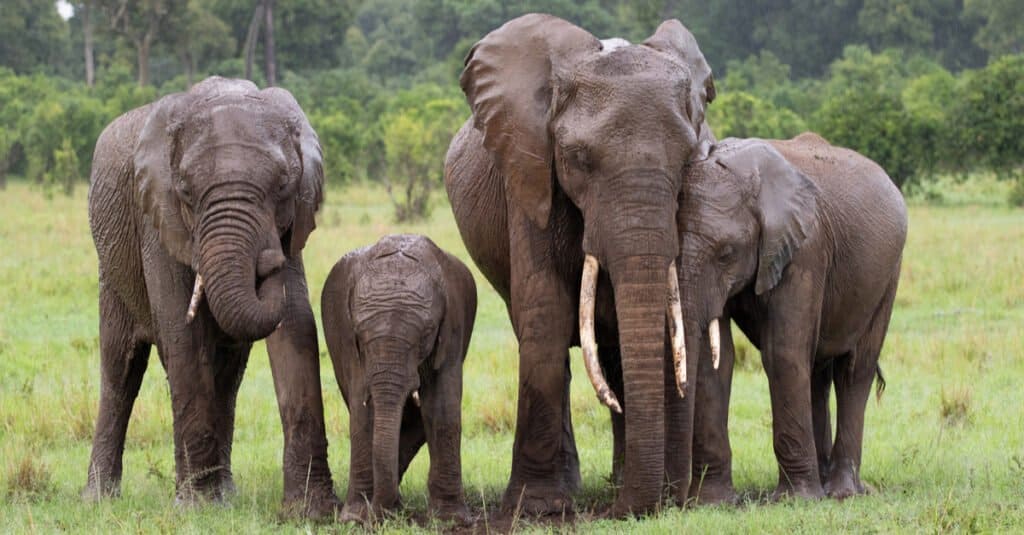

By Titilayo Kupoliyi
Sleep plays a crucial role in tissue repair, hormone regulation, and overall health.
Getting enough sleep boosts brain power, improves weight management, and reduces stress and inflammation.
Most adults need between seven and nine hours of sleep per day.
Getting less than six or seven hours of sleep can affect one the next day.
Chronically missing out on sleep increases the risk of disease.
It is the same for animals to sleep to remain healthy, sleeping standing up might not be for humans, but for certain animals it could be life saving.
In order to sleep while standing up, you need legs that can be aligned vertically, so you don’t need to use muscular effort to keep them straight.
You also need knees that ‘lock’ in place.
Sleeping upright is advantageous for large animals that would be slow to lumber to their feet if attacked.
If they are already standing it means they can flee quickly from a potential predator.
For smaller animals, the reduction in leg springiness outweighs this benefit.
Often, these herds will also have one member who serves as a look out and can raise the alarm.
Horses, Bison , Zebras and Elephants sleep standing up.
Cows can too, but mostly choose to lie down.
Giraffes also sleep standing up, but only for short periods of time.
Some birds also sleep standing up; these birds include Geese, Song birds, Cranes, flamingos and Ducks.
Many birds roost in trees at night using an arrangement of their leg tendons that causes their body weight to pull the claw shut around the branch. Whether this counts as standing up is a matter of semantics.
discoverwildlife.com
Subscribe to our Telegram and YouTubeChannels also join our Whatsapp Update Group